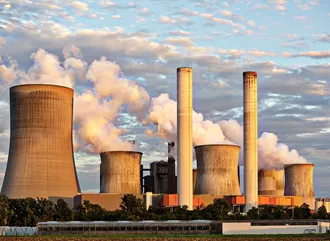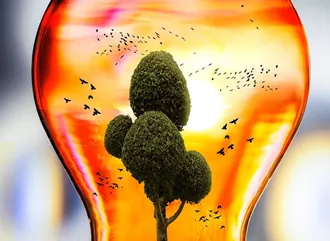
With the energy price cap rising in April, and potentially even more painful cost increases to come later in the year, even relatively minor changes like adjusting thermostats and air-drying clothes can make a measurable difference to energy bills. Read our blog in the state and future of UK energy – then get involved in the conversation as we all work together to keep the lights on in 2022.

The Research and Development world has moved on a lot since the government’s R&D tax relief was set up... but what does the future hold for R&D tax credits?

With one of the UK’s warmest climates and a long-established tradition as a farming and horticultural hub, the county boasts more farms and smallholdings than anywhere else in the South East – and well over 220,000 hectares of farmland and countryside. From its orchards and vineyards to its scores of regular, successful and well-loved farmers markets, Kent truly earns its title as the vibrant, plentiful Garden Of England

Try to imagine what it would take to feed the entire population of the UK, at 3 square meals per day for 11 solid weeks. We’re talking about 6.4 million Metric Tonnes of food to hit that target – and that’s exactly what we’re throwing away as a nation each year.

There’s a lot riding on the success of the COP26 event in Glasgow this month. The Conference of Parties represents a genuine opportunity to address the climate change emergency in an effective, coordinated way. It’s a global project looking to make a global impact – but even vast, international efforts can begin with individual household decisions.

A winter of disconnect? It’s being called a “perfect storm” of compacted crises. A 500% leap in natural gas prices has collided with a major shortage of HGV drivers and long-term storage issues to produce a profoundly worrying energy crisis in the UK. So how did we get here, and what steps can be taken to get through it?

As arguably the oldest industry in human history, it’s a little surprising to see how forcefully agriculture is still driven by innovation. The global population is heading toward 10 billion within just a few decades, and the sheer mathematics of that continual growth is behind much of the pressure building on Agritech to offer new products, processes and – perhaps most importantly – new thinking.

Fossil fuels such as oil, gas and coal are key contributors to climate change. In fact, the energy industry accounts for 73% of greenhouse gas emissions caused by humans. With net-zero goals a priority across much of the globe, the focus has fallen on renewable energy. And thanks to increasingly innovative solutions to capturing and retaining energy, the move to renewables could happen sooner than anticipated.

The ocean is our planet’s life support, so inextricably linked to its survival that no life on earth can exist without it. We rely on the ocean for our drinking water, the majority of our food, even the air we breathe. It provides food for millions, could hold the key to cancer treatments and other diseases, protects us against storms and regulates the climate. Yet, for decades we’ve exploited the world’s largest ecosystem.
